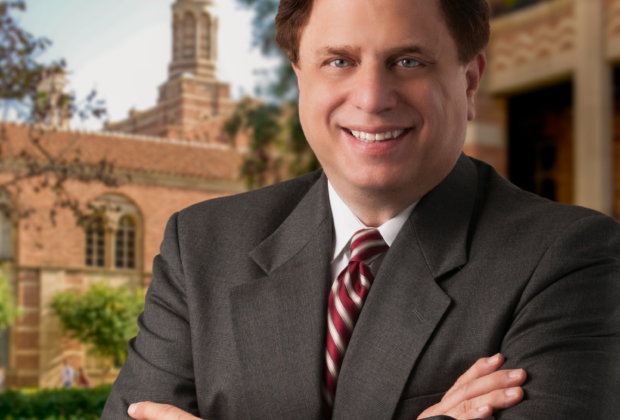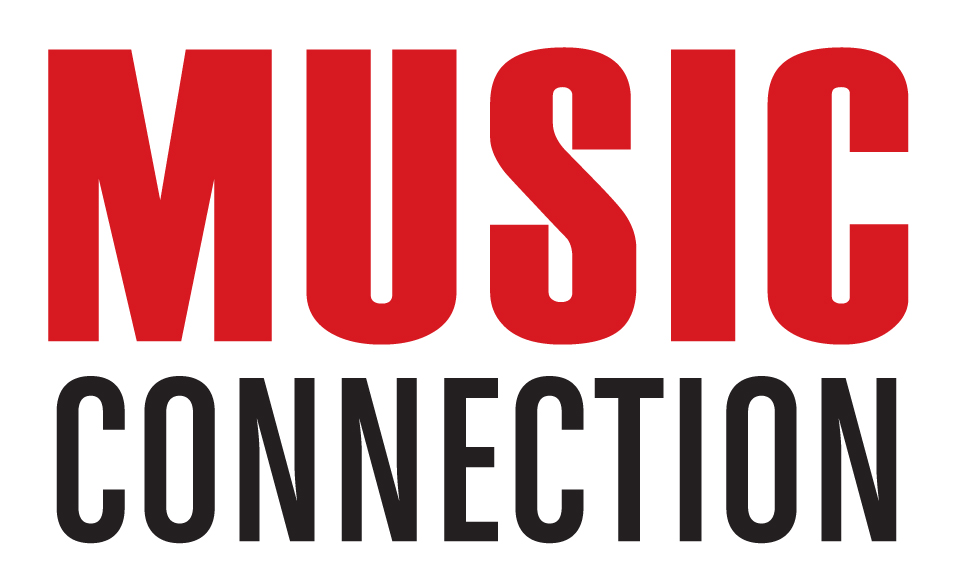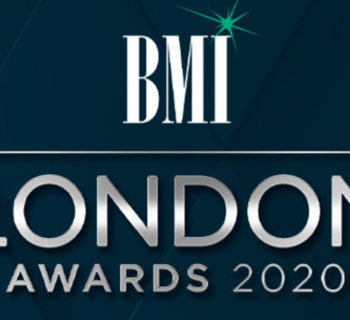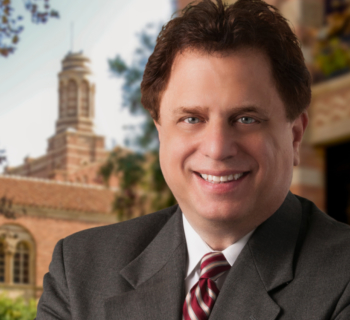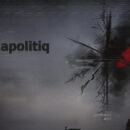Ed Sheeran has been a party to a number of copyright infringement cases in recent years. In general, many copyright cases involving music are frivolous, some are settled and others go to trial.
There is a copyright case pending in New York filed by the Ed Townsend estate against Sheeran. It was set for trial during November of 2020 but the case was continued until 2021 because of the Coronavirus. In that case the plaintiff alleges that Sheeran’s 2017 hit song “Thinking of You” was stolen from Marvin Gaye’s hit “Let’s Get it On.” Townsend was one of the co-writers of “Let’s Get it On.”
Be careful about accepting submissions by unknown songwriters. Research the reputation of the people you are dealing with.
There is another copyright case involving Sheeran. The case involves allegations that Sheeran stole “Shape of You” from an older song called “Oh Why” by Sami Chokri, aka Sami Switch. Because of this dispute, royalties on “Shape of You” were not paid to Sheeran, so he filed a lawsuit in 2018 in a London court. The lawsuit has been pending ever since.
In 2019, an issue arose about whether or not the Chokri-related parties could enter evidence that Sheeran and the other songwriters had ripped off other songs. This was a tactic to try and prove that stealing elements of songs was a pattern with the Sheeran team.
Another interesting issue that arose in the London case was during the “discovery” part of the case. Discovery is where each side in litigation is entitled to seek information from the other side. For instance, you could serve written questions to the other side (called interrogatories), requests to produce documents and take depositions of parties and witnesses with a court reporter making a record of the testimony.
In the London case, the discovery dispute arose when Sheeran was presented with discovery requests trying to show that his camp has engaged in a pattern of ripping off other people’s songs. The question, I believe, was whether or not seeking information about Sheeran possibly stealing from other songs was relevant. Discovery disputes are very common in litigation and can greatly increase an attorney’s fees. Attorneys generally try to resolve discovery disputes themselves, but if that does not work out, they can file a motion. Sometimes the court will grant a motion and even impose sanctions (monetary penalties) on the losing side. The sanction can be based on the attorney’s fees incurred by the winning party in bringing the motion to compel discovery. Sanctions can run thousands of dollars.
Apparently because of the Coronavirus, the London case will not be tried until 2022.
So what can a songwriter do to protect against such claims? Of course, any new song should be copyrighted with the U.S. Copyright Office. But what else can you do?
Be careful about accepting submissions by unknown songwriters. Research the reputation of the people you are dealing with. And if you submit a song to someone, make sure you have evidence of what you submitted, when and to whom. Keep records of when you created your song.

